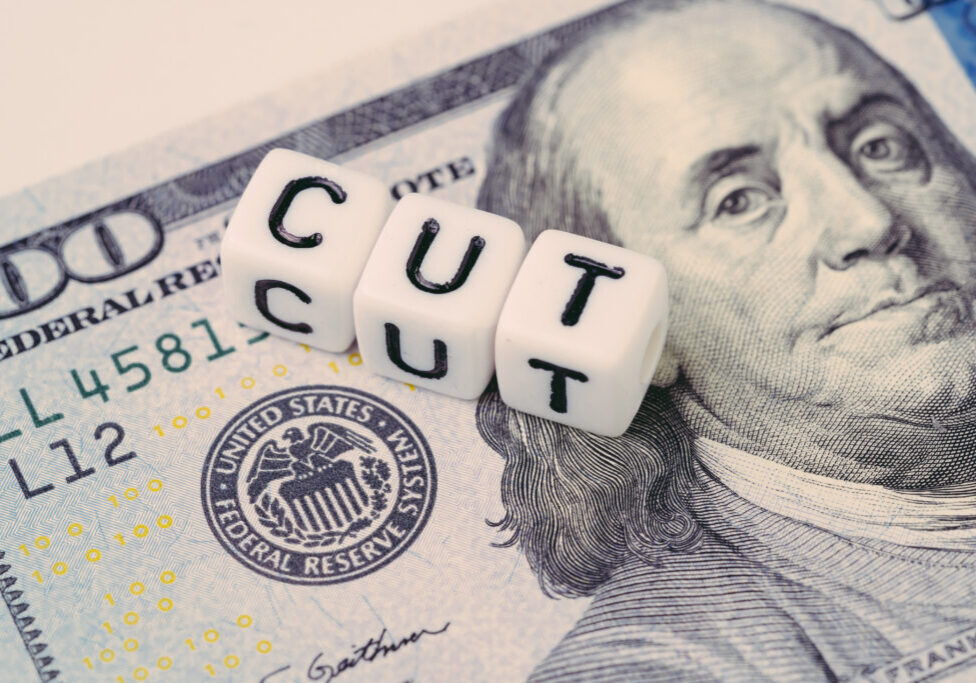Last month Gov. Jeff Landy and his allies cited the harrowing experiences of Louisiana crime victims to push through policy changes that will increase mass incarceration and drive up costs to the state. But the governor’s compassion for crime victims apparently doesn’t extend to victims of domestic violence. The Louisiana Illuminator’s Julie O’Donoghue reports on a $7 million cut that Landry has proposed for domestic violence shelters in the state.
“If we’re really committed as a legislative and executive branch together to addressing crime … domestic violence sits right in there,” Rep. Aimee Freeman, D-New Orleans, said during a Louisiana House budget hearing this week. … ”When we don’t fund that, we end up with more criminal justice problems, more mental health issues,” Freeman said. If legislators don’t rearrange Landry’s budget to give the shelters more money, the Louisiana Coalition Against Domestic Violence will have to pull back its plan to open five new shelters and expand six of 17 existing facilities across the state this year.
GOP legislators say the $7 million was supposed to be a one-time allocation, and not recurring funding. But as O’Donoghue notes, there’s plenty of money for Landry’s administration’s priorities:
Of the $91.5 million in excess money available to the state, Landry and lawmakers have already allocated $13.1 million for extra pay and equipment for Louisiana State Police and $3 million for Louisiana National Guard troops to go to the Texas border with Mexico. The governor has also proposed $31 million of that funding go to the prison system and $11 million to juvenile justice services. He’s also looking to spend $15 million on wildfire emergency services, $10 million on new voting machines and another $10 million on state emergency response – leaving little money left over for domestic violence shelters or other needs.
Tort reformers are back in force
Insurance industry lobbyists, business leaders and many legislators promised in 2020 that “tort reform” – making it harder for people to recover damages from injuries sustained in car crashes – would quickly lower Louisiana’s perennially high rates for car insurance. Not only have rates increased, but state drivers now pay the highest percentage of their income in car insurance in the nation. But that hasn’t stopped the tort reformers from trying again. The Shreveport Times’ Greg Hilburn reports:
Among the legislation (Senate Insurance Committee Chairman Kirk) Talbot supports are bills that would eliminate the collateral source rule that currently prevents the reduction of damages awarded to a plaintiff for injury, illness or disability by the amount already recovered from a third party such as an insurer. … “We’ve seen this before,” (Real Reform Louisiana Executive Director Ben) Riggs said. Instead, Riggs said lawmakers should pass legislation that prevents insurance companies from charging higher rates for factors unrelated to driving records like credit scores.
Lawmakers also are aiming to make it harder for homeowners to sue their insurance companies that fail to pay claims in a timely manner. The Times Picayune | Baton Rouge Advocate’s Sam Karlin reports on the legislative debates surrounding Lousiana’s homeowners insurance crisis:
The effort would deliver on a longstanding gripe of insurers who say lawsuits drive up their costs and make Louisiana a bad place to do business. … Policyholders reported widespread lowball payments and delays by insurers following recent hurricanes, which prompted then-Commissioner Jim Donelon to levy several fines against insurers.
A recent report by the Consumer Federation of America shows a key reason many are paying so much for car insurance coverage: Louisiana’s use of credit ratings to determine rates. Louisiana drivers with poor credit pay $905 more annually than drivers with a DWI and “excellent” credit.
“Congressionally Directed Spending”
Congress narrowly averted a government shutdown last week with a $460 billion stopgap spending package that keeps the federal government running. A Times Picayune | Baton Rouge Advocate editorial notes that the package includes a number of earmarked projects for Louisiana – inserted at the request of House Speaker Mike Johnson, House Majority Leader Steve Scalise and others.
In 2021, when Congress overhauled the process for what was once known as earmarks — less charitably as pork — under pressure from conservatives to reduce government waste, it promised greater transparency and accountability. We agree that taxpayer dollars should be used prudently, but believe that caution should be balanced with meeting legitimate regional needs. Louisiana’s list of projects indicates that lawmakers got the message. These are no bridges to nowhere, but there are plenty of worthwhile initiatives.
Addressing historically underfunded HBCUs
The president of the Southern University System wants the governor and state legislature to rectify a more than $1 billion funding disparity for the historically Black university system. The White House recently identified 16 states, including Louisiana, that have underfunded Historically Black Colleges and Universities by a collective $13 billion over the past three decades. The Louisiana Legislature is alleged to have underfunded Southern University to the tune of $1.1 billion, compared to funding for LSU. The Louisiana Illuminator’s Piper Hutchinson explains:
The lack of funding has meant that Southern has been unable to maintain its physical infrastructure, recruit top faculty and achieve a top research designation. (Southern University President Dennis) Shields said Southern received a $5 million federal grant last year to pursue top research status from the Carnegie Classification of Institutions of Higher Education. Its R1 designation denotes the school has “very high” research activity. If the funding disparity did not exist, Shields said it was possible Southern could already be an R1 university. It’s currently designated as R2, the next highest designation.
Number of the Day
$3,618 – Average amount that Louisiana drivers pay for car insurance each year. State drivers pay 6.5% of their annual income on car insurance, the highest percentage in the nation. (Source: Bankrate via the Shreveport Times)
